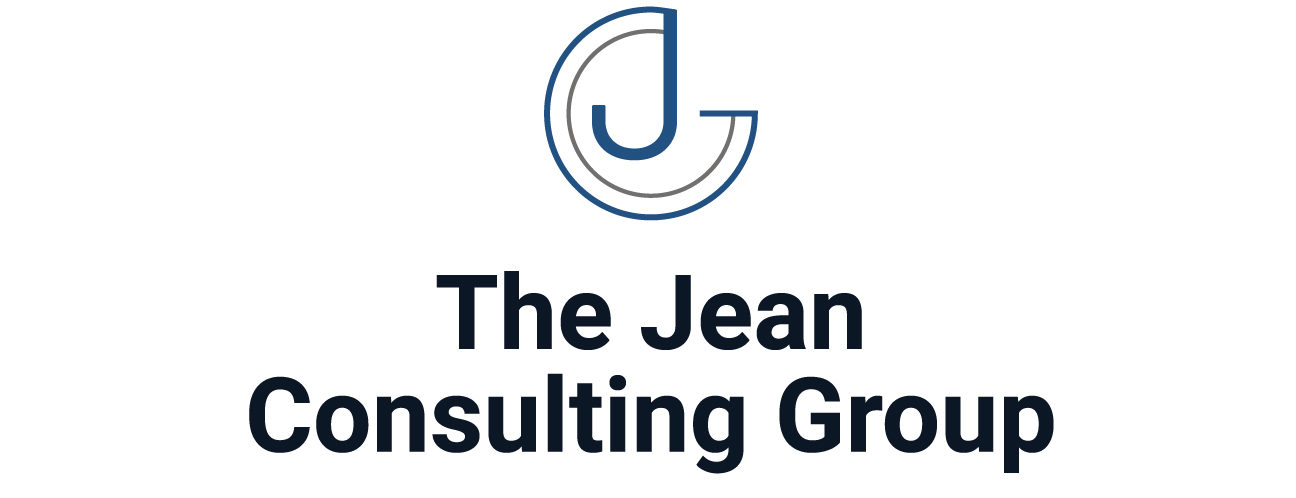In the complex landscape of labor relations, contract negotiations play a pivotal role, especially during union organizing campaigns. These campaigns are critical junctures where the interests of employees and management converge, often with high stakes. Effective negotiation strategies can facilitate a more constructive dialogue between unions and employers, leading to agreements that reflect the needs and aspirations of both parties. This article explores strategic approaches to contract negotiations within the context of union organizing campaigns, offering insights to navigate these challenges successfully.
Understanding the Dynamics of Union Organizing Campaigns
Union organizing campaigns represent efforts by employees to come together to form a union in order to negotiate collectively with their employer over wages, benefits, working conditions, and other employment terms. These campaigns can significantly influence the subsequent contract negotiations.
- Early Engagement and Dialogue: Proactive engagement between employers and employees, or their representatives, can create a foundation of trust and respect, essential for constructive negotiations.
- Educating Stakeholders: Both management and employees benefit from understanding their rights and obligations during organizing campaigns and subsequent negotiations. Education efforts can demystify the process and reduce apprehensions.
Strategies for Effective Contract Negotiations During Union Organizing Campaigns
Navigating contract negotiations against the backdrop of a union organizing campaign requires a nuanced approach, balancing legal compliance, fairness, and organizational objectives.
- Transparent and Open Communication: Transparency about the negotiation process and open lines of communication can alleviate tensions and foster a climate of mutual respect. It’s crucial for all parties to feel heard and valued during negotiations.
- Inclusive Negotiation Teams: Including representatives from both management and the workforce in the negotiation team can ensure that a broad spectrum of perspectives is considered, enhancing the relevance and acceptance of the negotiated contract.
- Focus on Common Goals: Identifying and emphasizing common goals between the employer and employees can serve as a unifying force, facilitating compromises and solutions that address the core concerns of both parties.
Navigating Challenges and Building Consensus
The path to a mutually acceptable contract can be fraught with challenges, particularly in the charged atmosphere of a union organizing campaign.
- Managing Expectations: Clear communication about what is realistically achievable can help manage expectations on both sides, preventing disappointments and fostering a more collaborative negotiation climate.
- Conflict Resolution Mechanisms: Establishing mechanisms for resolving disputes that may arise during negotiations can prevent deadlocks and maintain momentum towards reaching an agreement.
- Long-Term Relationship Building: Contract negotiations during union organizing campaigns are not just about reaching an immediate agreement; they’re about laying the groundwork for a long-term, constructive relationship between management and the workforce.
Conclusion
Contract negotiations during union organizing campaigns are critical opportunities to shape the future of workplace relations. By approaching these negotiations with strategic foresight, a commitment to fairness, and an emphasis on dialogue and education, both employers and employees can pave the way for agreements that support the well-being of the workforce while safeguarding the operational and financial health of the organization. Successfully navigating these negotiations requires patience, empathy, and a steadfast commitment to achieving a balanced and equitable outcome for all involved.




